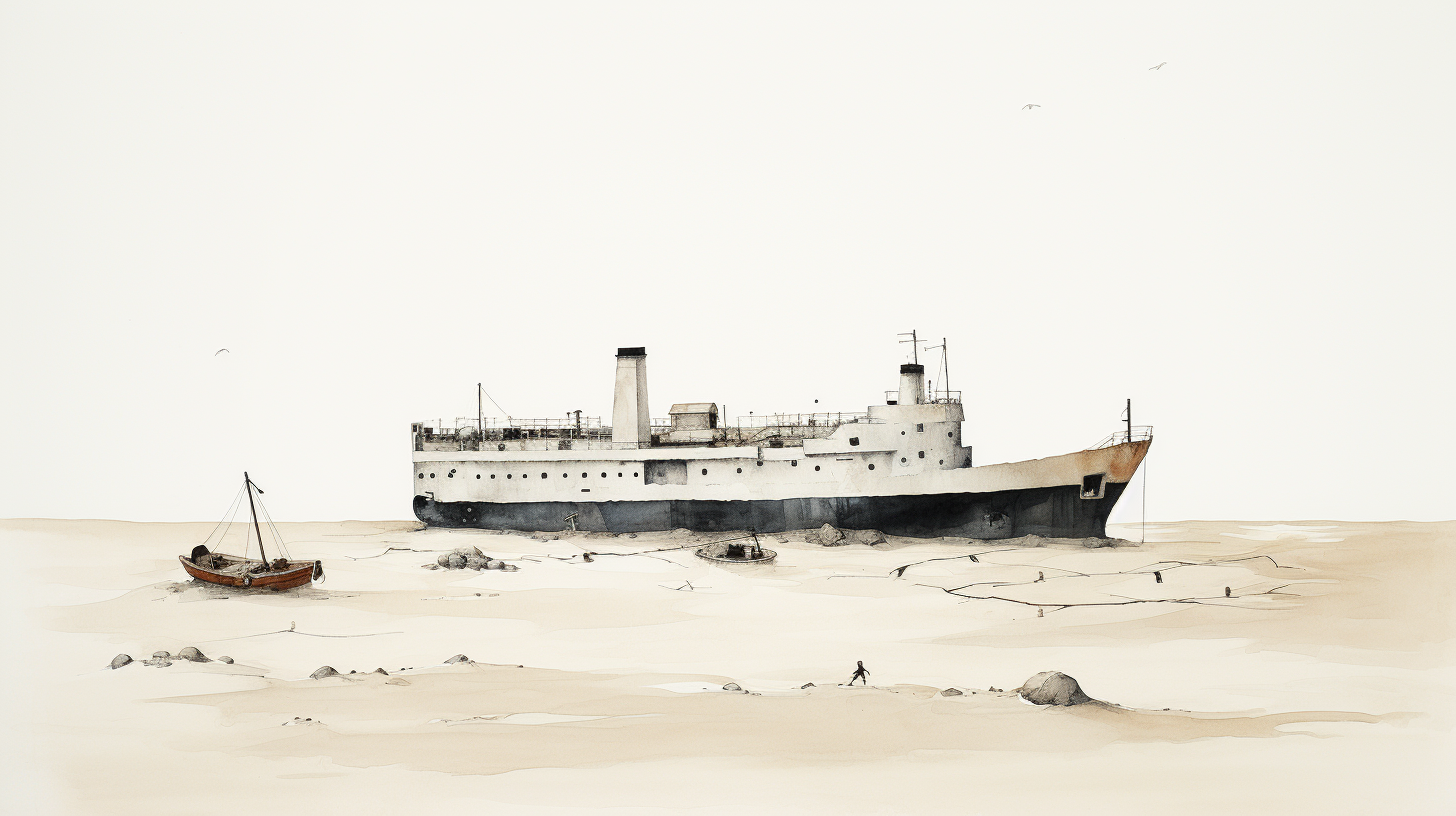As the world becomes increasingly accessible, the allure of exploring every corner of our planet grows stronger. However, not all destinations are advisable for travel. Various factors such as political instability, environmental concerns, health risks, and ethical issues can turn certain places into no-go zones for responsible travelers, also in the past. Below is a selection of aphorisms dedicated to this theme.
But, seriously, a Washoe wind is by no means a trifling matter. It blows flimsy houses down, lifts shingle roofs occasionally, rolls up tin ones like sheet music, now and then blows a stage-coach over and spills the passengers; and tradition says the reason there are so many bald people there is, that the wind blows the hair off their heads while they are looking skyward after their hats. Carson streets seldom look inactive on summer afternoons, because there are so many citizens skipping around their escaping hats, like chambermaids trying to head off a spider.
Twain, Mark. Roughing It. Toronto: Musson, 1899.
Post-House, St. George, six leagues from Lyons
I'm particular in dating this letter, in hopes that every English traveller may avoid the place I write from, by either Hopping fhort, or going beyond it ; as it is the only house of reception for travellers in the village, and the worst I have met with in my whole journey.
Thicknesse, Philip. A Year’s Journey through France, and Part of Spain. London: Printed for W. Brown, 1789.
I never shall want another Turkish lunch. The cooking apparatus was in the little lunch room, near the bazaar, and it was all open to the street. The cook was slovenly, and so was the table, and it had no cloth on it. The fellow took a mass of sausage-meat and coated it round a wire and laid it on a charcoal fire to cook. When it was done, he laid it aside and a dog walked sadly in and nipped it. He smelt it first, and probably recognized the remains of a friend. The cook took it away from him and laid it before us. Jack said, "I pass" - he plays euchre sometimes - and we all passed in turn. Then the cook baked a broad, flat, wheaten cake, greased it well with the sausage, and started towards us with it. It dropped in the dirt, and he picked it up and polished it on his breeches, and laid it before us. Jack said, "I pass". We all passed. He put some eggs in a frying pan, and stood pensively prying slabs of meat from between his teeth with a fork. Then he used the fork to turn the eggs with - and brought them along. Jack said " Pass again". All followed suit. We did not know what to do, and so we ordered a new ration of sausage. The cook got out his wire, apportioned a proper amount of sausage-meat, spat it on his hands and fell to work ! This time, with one accord, we all passed out. We paid and left. That is all I learned about Turkish lunches. A Turkish lunch is good, no doubt, but it has its little drawbacks.
Twain, Mark. Innocents Abroad. Hartford: American Pub. Co., 1881.
When dinner was served I went in very bravely and took my place on the Captain's left. I had a very strong determination to resist my impulses, but yet, in the bottom of my heart was a little faint feeling that I had found something even stronger than my will power.
Dinner began very pleasantly. The waiters moved about noiselessly, the band played an overture, Captain Albers, handsome and genial, took his place at the head, and the passengers who were seated at his table began dinner with a relish equaled only by enthusiastic wheelmen when roads are fine. I was the only one at the Captain's table who might be called an amateur sailor. I was bitterly conscious of this fact. So were the others.
I might as well confess it, while soup was being served, I was lost in painful thoughts and filled with a sickening fear. I felt that everything was just as pleasant as an unexpected gift on Christmas, and I endeavored to listen to the enthusiastic remarks about the music made by my companions, but my thoughts were on a topic that would not bear discussion.
I felt cold, I felt warm; I felt that I should not get hungry if I did not see food for seven days; in fact, I had a great, longing desire not to see it, nor to smell it, nor to eat of it, until I could reach land or a better understanding with myself.
Fish was served, and Captain Albers was in the midst of a good story when I felt I had more than I could endure.
"Excuse me," I whispered faintly, and then rushed, madly, blindly out. I was assisted to a secluded spot where a little reflection and a little unbridling of pent up emotion restored me to such a courageous state that I determined to take the Captain's advice and return to my unfinished dinner.
"The only way to conquer sea-sickness is by forcing one's self to eat," the Captain said, and I thought the remedy harmless enough to test.
They congratulated me on my return. I had a shamed feeling that I was going to misbehave again, but I tried to hide the fact from them. It came soon, and I disappeared at the same rate of speed as before.
Once again I returned. This time my nerves felt a little unsteady and my belief in my determination was weakening, Hardly had I seated myself when I caught an amused gleam of a steward's eye, which made me bury my face in my handkerchief and choke before I reached the limits of the dining hall.
The bravos with which they kindly greeted my third return to the table almost threatened to make me lose my bearings again. I was glad to know that dinner was just finished and I had the boldness to say that it was very good!
Bly, Nellie. Around the World in Seventy-Two Days. New York: The Pictorial Weeklies Company, 1890.

